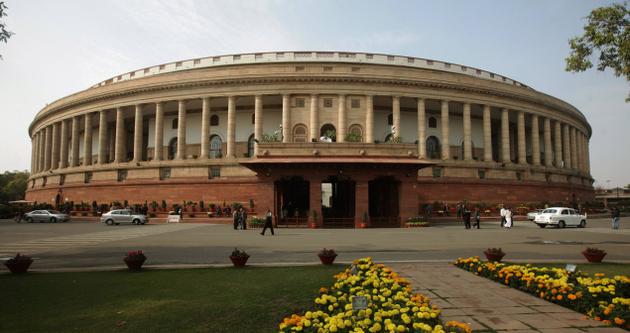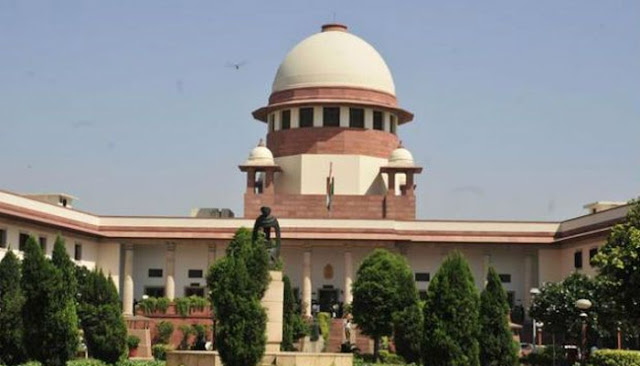The Constitutional
Amendment Bill was passed in the Rajya Sabha on Wednesday to present a nationwide
merchandise and Services charge (GST), moving the attention on the tax rates.
Under the new
framework, the states and the Center will gather indistinguishable rates of
assessments on products and services. Case in point, if 18% is the GST rate on
a decent the nation over, the states and the Center will get 9% each called the
CGST and SGST rates.
The Center will
likewise exact and gather the Integrated Goods and Services Tax (IGST) on all
between State supply of products and services. The IGST system has been
intended to guarantee consistent stream of information assessment credit starting
with one state then onto the next.
There has been no
understanding yet on rates of different merchandise and administrations, which
remains a dubious issue. A week ago state account pastors told the Center that
the rate ought to give help to regular nationals and little specialists while
not bringing about loss of income to states.
A board under boss
financial counsel Arvind Subramanian has suggested an income unbiased rate of
15-15.5%, with a standard rate of 17-18% be collected on most products and all
administrations.
An income unbiased
rate is a solitary rate at which there will be no income misfortune to the
middle and states in the GST regime.
The board has
suggested a three-level rate structure wherein some crucial merchandise will be
saddled at a lower rate of 12%; purported negative mark merchandise, for
example, extravagance autos, circulated air through refreshments, skillet
masala and tobacco items at a higher rate of 40%; and every single staying
great at a standard rate of 17-18%.
The National Institute of Public Finance and Policy
(NIPFP) favored a standard rate in the scope of 23-25% if merchandise are
saddled at three distinct rates—an extraordinary rate for valuable metals, a
lower merit rate for some imperative products and a standard rate that will be
relevant to generally merchandise.
It had additionally
proposed a GST rate of 18-19% if there should arise an occurrence of a solitary
GST rate — that is all merchandise are saddled at the same rate.
The thirteenth
Finance Commission headed by previous account secretary Vijay Kelkar had
proposed 18% as a conceivable GST rate.
As indicated by the
Bill, went in the Lok Sabha in May 2015, the rates were to be chosen by a GST
chamber headed by the focal money priest with state fund pastors as
individuals.
While GST rate won’t be topped in the
Constitution Amendment Bill, the Congress has looked for “lawful ring-fencing” of the rates to
protect regular subjects and little organizations from conceivable unfavorable
effect from the high circuitous duty rates. States additionally need a
procurement to guarantee that their income is not hurt.
The legislature may
recommend a roof in the “supplementary” or sub-ordinate
enactments that will must be passed after the primary focal law is ordered.
These incorporate the state GST law, the focal GST law and the between state
GST law.
These are empowering
enactments that are important for rolling the new duty framework.












0 comments:
Post a Comment